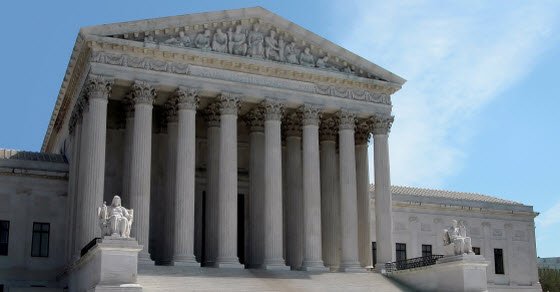
Supreme Court Weighs In On Colorado Tax Law

Earlier this week the Supreme Court of the United States handed down a unanimous decision in Direct Marketing Association v. Brohl. This case is better known in the performance marketing community as the case challenging the constitutionality of the Colorado Nexus tax.
Colorado previously enacted legislation that would require out of state retailers to collect and report tax-related information to both Colorado customers and the Colorado Department of Revenue. The Direct Marketing Association brought suit against the Executive Director of the Colorado Department of Revenue, alleging that the statute violated the state and federal Constitutions. It argued that the Colorado law 1) discriminated against inter-state commerce, and 2) imposed undue burdens on inter-state commerce. The District Court agreed and stopped the enforcement of the law. On appeal, the Tenth Circuit held that the Tax Injunction Act (TIA) prevented the federal court from getting involved.
The Supreme Court chose not to weigh in on the substantive matter of the constitutionality of nexus laws but rather ruled only on the procedural issue of whether the District Court was barred by the TIA from intervening. In reversing the Tenth Circuit decision and remanding the case, the Court left open the question of whether states can impose nexus laws that would be triggered by affiliates or mail order companies.
Further, Justice Anthony Kennedy in his concurrence wrote that Quill v. North Dakota should be reconsidered and the states should be allowed to impose sales taxes directly on online retailers. Kennedy opined that “a retailer doing extensive business within a State has a sufficiently ‘substantial nexus’ to justify imposing some minor tax-collection duty, even if that business is done through mail or the Internet.” While that portion of the opinion is not binding, it could be seen as persuasive by states looking to enact similar laws and may signal that the Court is ready to hear a nexus law on the merits soon.
As for Colorado, the case has now been sent back to the Tenth Circuit Court of Appeals.
###
Additional Information

 Follow
Follow